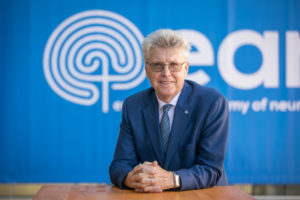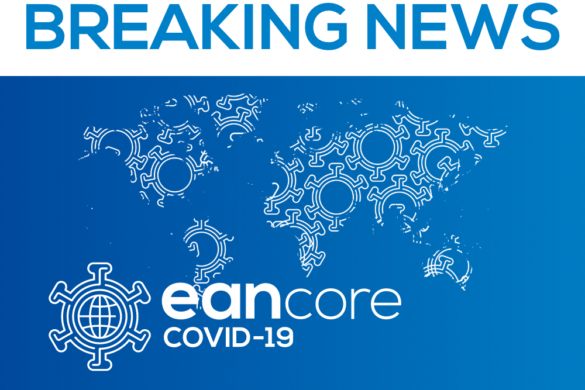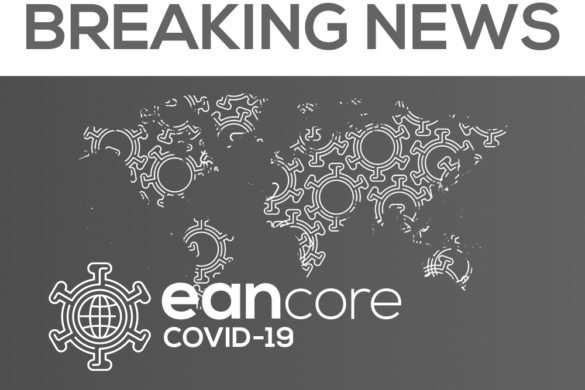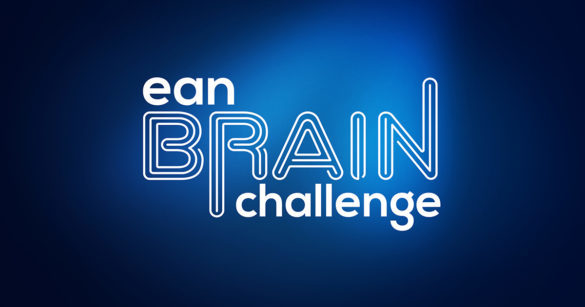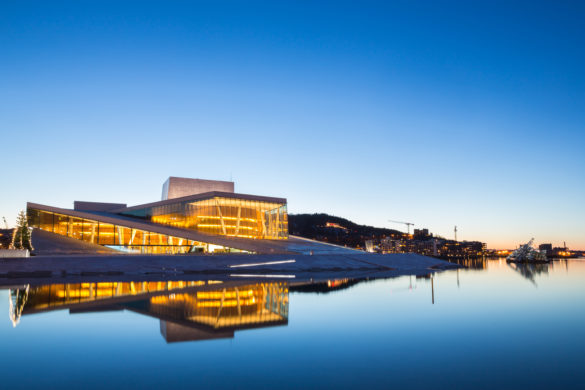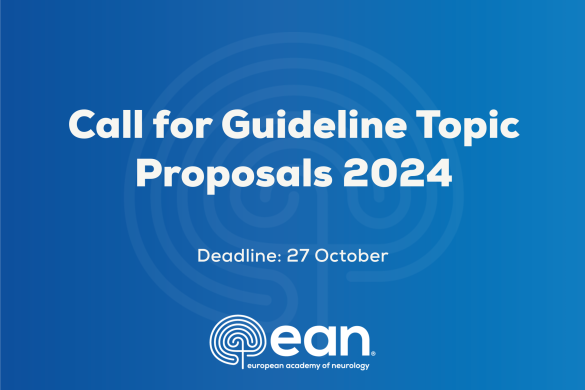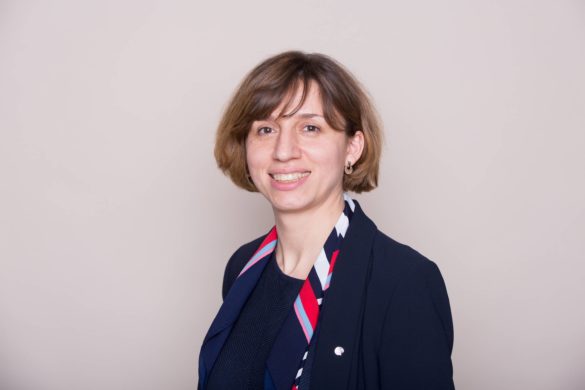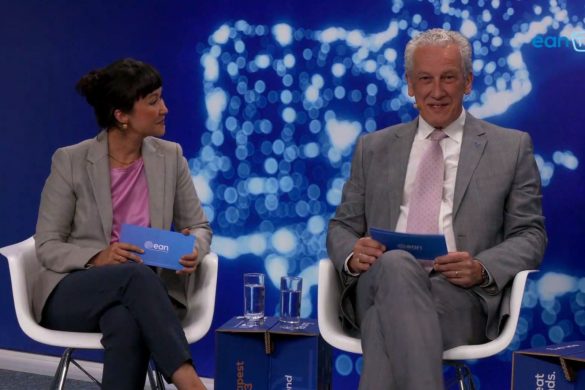by Franz Fazekas
Dear colleagues and friends,
the last weeks before the end of the year usually serve not only to accomplish the last pending tasks but also to reflect on the past 12 months, and to think about what lies ahead. I probably have all this in common with many of you who profit from some slowing down of work during the holiday season. Indeed, while everyone is busy preparing for Christmas the incoming new year invites to both look back and make new plans.
For EAN, 2018 has been another very successful year with a great annual congress in Lisbon and several other attractive educational events. The interest in joining and contributing to EAN activities has continued to grow, and collaborations with other professional organizations and partner societies are constantly expanding. The various committees and scientific panels have worked with great enthusiasm to pursue the goals of our society, and the visibility of EAN as representing and striving for excellence in Neurology across Europe has increased further. I am most thankful to all who made and make this possible. In December, my own contribution to these many activities was a participation in the EAN day in Marrakech together with Profs. Deuschl and Leys (details will be found in EANpages). I was impressed about how knowledgeable and active our colleagues from Algeria, Morocco, and Tunisia have been engaged in the discussions, and how critically they have challenged our contributions which made this an exciting learning experience for all of us. My thanks go to the organisers and the Teaching Course sub-committee who put together this interesting program, and also thought about providing ample information on the EAN Resident and Research Fellow Section to encourage networking and collaboration beyond European borders.
While EAN appears to proceed and develop along a quite solid and well-defined path we currently also face several new developments in and around medicine. It is yet unclear to me how they will affect our doing, and how we will have to react. Two recent publications especially caught my attention in this regard. In an article by Titano JJ et al. (Nature Medicine 2018;24:137-1341), computer-aided surveillance of cranial images of patients with a suspected acute neurologic event was proposed to support the triage of radiology work flow. A deep-neural-network was trained on a clinical and radiologic data set of more than 37.000 head CTs to predict critical and non-critical cases. While the investigators realized that machine-learning would have failed to serve for a classification of disorders due to the complexity of arriving at a diagnosis – which quite often requires more than an imaging finding – they turned towards supporting the prioritisation of radiologic reading. With several analyses including an RCT in a simulated clinical environment they showed that such approach might effectively serve to speed up imaging work-up for critical findings. Certainly this suggestion will require confirmation by actual clinical testing, and one can raise many concerns like the fact that quite a lot of CNS emergencies occur without abnormal brain scan – and thus might not be given sufficient attention by the tested algorithm. Efforts like this, however, quite clearly demonstrate the inevitable need to investigate how our work can draw support from information technology in an adequate and appropriate manner. It is probably better if physicians take the lead on this rather than leaving such attempts only to informatics specialists and industry.
Quite other possible needs of medicine of the future were stressed in an Editorial of Marshall M et al. on “Rethinking Medicine” (BMJ 2018;363:k4987). These authors voice the concern about overdiagnosis and overtreatment, and acknowledge that disease-focused medical models may sometimes have their limits in the face of the wider social determinants of health. Therefore, they propose to help doctors to develop a more productive relationship with patients by empowering them to incorporate also social interventions into the more traditional armoury of biological and physiological interventions. Although both these contributions follow quite different directions they are excellent examples how medicine may develop further, and our speciality may be especially suited to integrate such different approaches.
I hope that you have found enough time to relax and regenerate during these holidays, and that you will continue to devote part of your energy for shaping the future of medicine – at least of neurology – together with EAN.
I wish you all a happy, healthy, and successful 2019! Exciting but also challenging times lie ahead of us – let us face them together.
Franz Fazekas
EAN President
Prof. Franz Fazekas is President of EAN and head of the Department of Neurology and director of the Division of General Neurology at the Medical University of Graz, Graz, Austria.

